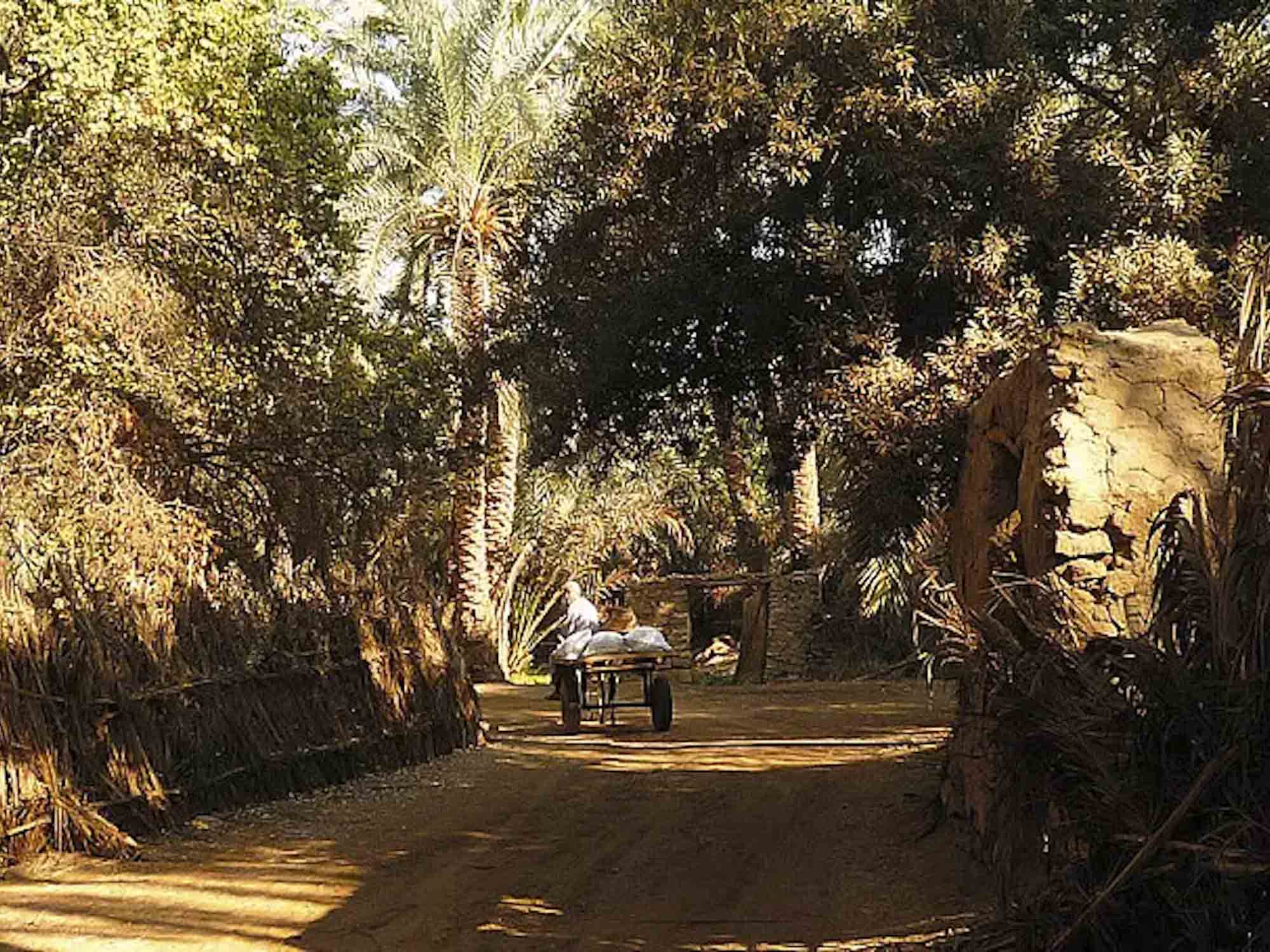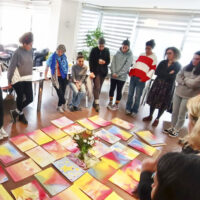Belbes, Egypt. Holistic alternatives for the school system in Egypt.
Since its foundation in 1977, the Egyptian initiative Sekem has been committed to promoting sustainable development in its home country. Part of this vision is a holistic education system accessible to all children, regardless of their social, religious, or economic background. They should be allowed to learn in schools that support their individual character and the development of their creativity and social skills. However, the reality of the conventional Egyptian education system at the moment is different. According to a report by Bruno Sandkühler and Christine Arlt for Erziehungskunst, classes at state schools are often too full, curricula are dictated by the school bureaucracy, and many teachers are overworked and underpaid. According to Sandkühler and Arlt, a successful degree is usually reserved for children from better-off families, as only they can afford private tuition or attend a private school.
In 1989, as an initial response to the educational situation in the country, Sekem founded the Sekem School, which is currently attended by 300 pupils. There, the Egyptian curriculum is supplemented by Waldorf educational approaches. In addition to conventional education, there are lessons in eurythmy, crafts, theater, dance, and music. Environmental awareness is also on the syllabus. According to the Erziehungskunst report, school fees for children from financially disadvantaged families are reduced or completely waived in accordance with a solidarity model. The next step for Sekem is to establish a comprehensive school in the desert, near the Wahat El-Bahariya oasis basin, according to Sandkühler and Arlt. The school is due to open for 60 children in the coming school year. The project is being financed by the Sekem Development Foundation.
Sources artofeducating and SEKEM
More SEKEM
Translation Charles Cross
Image source Erziehungskunst
^





